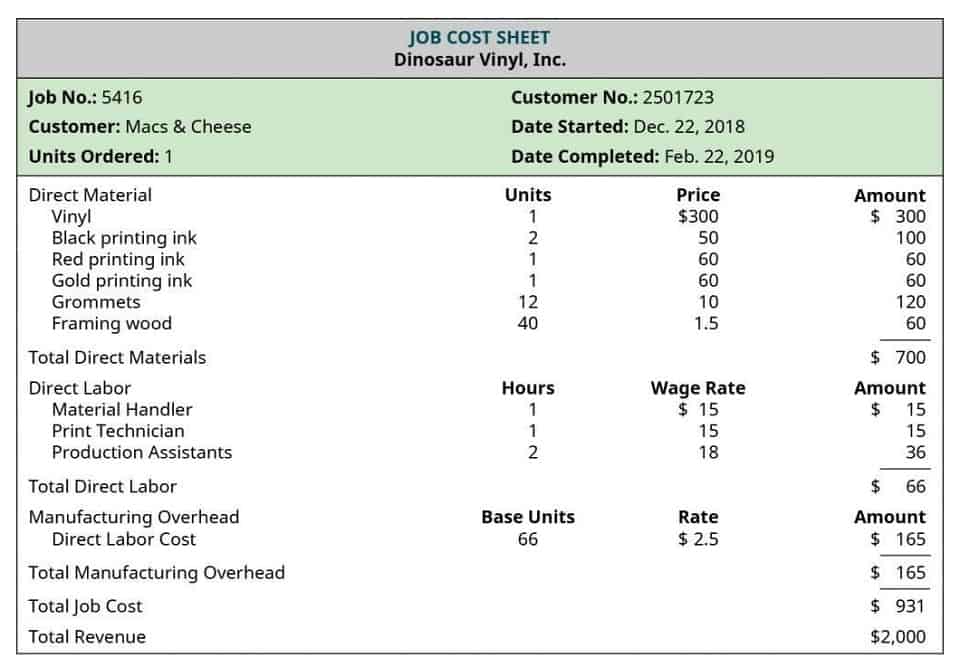
There will be tremendous value in the financial world for this capability. In this hands-on video, Zapier expert Heather Satterley outlines how to create the 10 automations every accounting firm should be using. Cloud computing is the practice of using remote servers hosted on the internet to store, manage, and process data and applications, securely placing it at your fingertips anytime, anywhere, and on any device. Yet, the events between then and now, including the Covid-19 pandemic, have instead shown that accountants, like other professionals, need to worry much more about adaptation than replacement. These could be quarterly or annual, but for accountants, this was crunch time.

New solutions impact how standard accounting processes are approached, delivering the potential for vast improvements in efficiency and accuracy. In accounting and finance, robotic process automation (RPA) can handle repetitive and time-consuming tasks such as document analysis and processing, which is abundant in any accounting department. Freed up from these mundane tasks, accountants are able to spend time on strategy and advisory work. Intelligent automation (IA) is capable of mimicking human interaction and can even understand inferred meaning in client communication and adapt to an activity based on historical data. In addition, drones and unmanned aerial vehicles can even be deployed on appraisals and the like.
Heightened Data Security
AI algorithms allow machines to take over time-consuming, repetitive, and redundant tasks. Rather than just crunch numbers, with the support of AI, financial professionals will be able to spend more time delivering actionable insight. The more finance professionals rely on AI to do what it does best—analyze and process a tremendous amount of data and take care of monotonous tasks—the more time humans will recover to do what they do best.
- These skills remain important, but how they are leveraged has changed, with cutting-edge accounting technologies taking over many of the most time-consuming processes.
- Automation tools don’t always involve software and hardware solutions.
- If you become a QuickBooks Live bookkeeper, you can work from home based upon an agreed schedule at a set hourly rate based on your location, interview, and experience level.
- Secondly, payment processors make it easier to bill clients and receive payments.
- They need to invest in cybersecurity measures and provide education to their teams to counteract the ever-increasing threat of cyberattacks.
- Companies are focused on a hybrid approach of hiring and capability building among their teams across industry and function.
- Accounting technology encompasses a wide array of tools, software, and systems that play a crucial role in accounting.
Business transactions can be recorded by hand in a journal or an Excel spreadsheet. To make things easier, many companies opt to use bookkeeping software to keep track of their financial history. Bookkeeping is the process of tracking and recording a business’s financial transactions. These bookkeeping technology business activities are recorded based on the company’s accounting principles and supporting documentation. When you think of bookkeeping, you may think it’s all just numbers and spreadsheets. Bookkeeping is the meticulous art of recording all financial transactions a business makes.
Minnesota State Community and Technical College
By doing so, RPA significantly reduces the time spent on repetitive tasks reducing the risks of human errors. No other advance in technology has had as big of an impact on accounting in the 21st century as the cloud. Today, almost 100 percent of accounting firms and major businesses are utilizing cloud-based accounting – and for good reason!